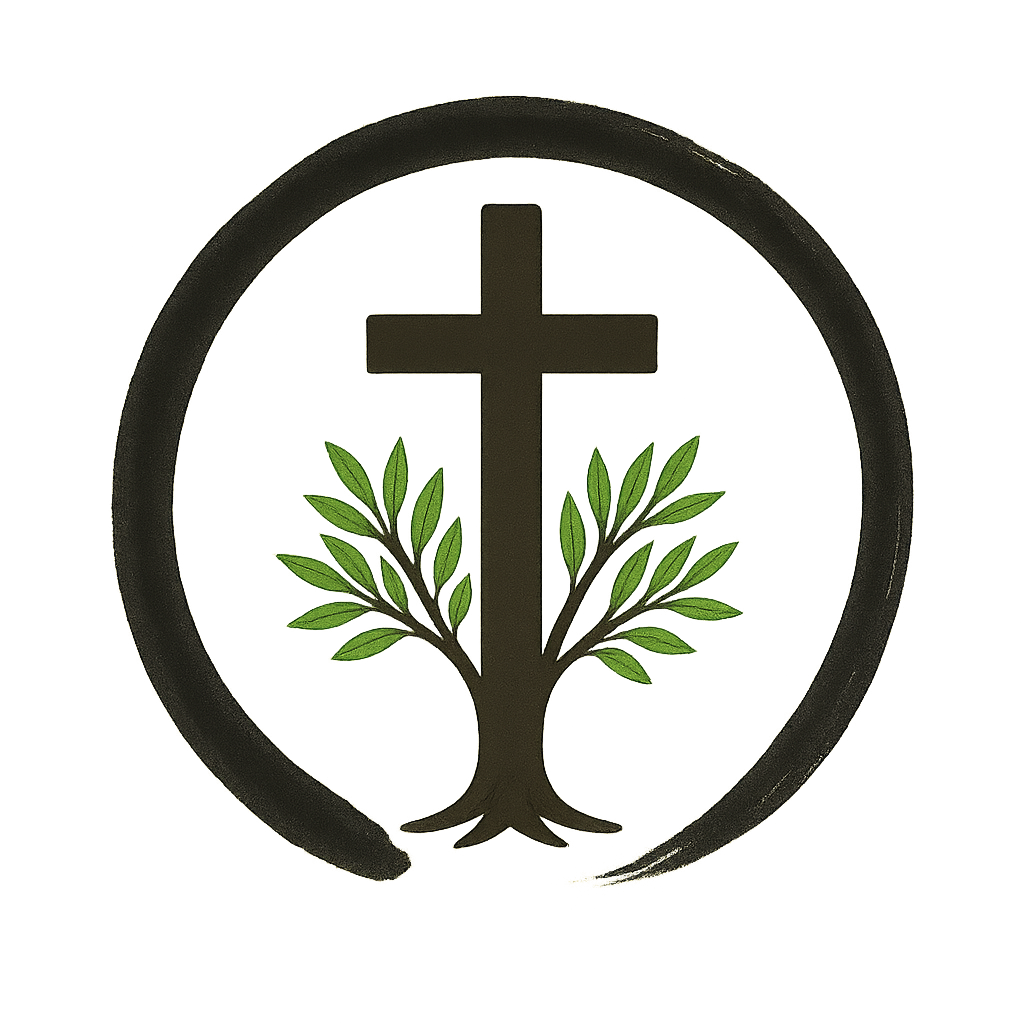Zen Koan – Hekiganroku – Nr. 18 – Emperor Shukuso Asks About the Style of the Pagoda
The Case
Emperor Shukuso asked Cho Kokushi, "You are a hundred years old, what shall I do for you?" Kokushi answered: "Make a seamless pagoda for this old monk." The emperor said, " What style is it to be?" Kokushi remained silent for a while. And then he said, "Do you understand? " "No, I do not," said the emperor. "I have a disciple called Tangen" , said Kokushi, "who has the Dharma Seal transmitted by me. He is well versed in this matter. Ask him, please." After Kokushi's death, the emperor sent for Tangen and asked him ab out it, Tangen said "South of sho and north of Tan."
[Setcho says, "Soundless sound of one hand."]
In between, gold abounds.
[Setcho says, "A staff of a mountain kind."]
The ferryboat under the shadowless tree."
[Setcho says, "Clear is the river, calm is the sea."]
No holy one in the emerald palace you see."
[Setcho says, "All is finished."]
Engo's Introduction
In 734, the much worthy hermit was given charge of a Zen monastery in Nun-Yang, where the world's greats also made pilgrimages to see him. It is reported that he never rose from his seat before any visit, no matter how distinguished. When a political rebellion also affected the Nan-Yang district, the authorities advised the master to flee. But he remained where and how he sat, and when insurgents attacked him with swords, Hui-Dschung remained in his seat "as if enveloped in a numinous cloud of inaccessibility" and "did not show the slightest unrest in his words or expression."
The rebels were so astonished that their leader, moved by the contempt for death and the high grace of this Zen-like untouchedness, revered him as a master and later became his student. Teaching lectures, even at the imperial court, followed. Hui-Dschung took the liberty of speaking bluntly and from the heart everywhere: as the only outsider, he even had the highest permission to be carried on a sedan chair into the interior of the palace at any time. This remained the case even after the old emperor died and his son Dai-Dsung gave the master another monastery, the “Abode of Light”.
As an advisor to the sovereign, Hui-Dschung was then called State Champion Dschung. Above all, he looked at the different monasticism in the country and, of the countless, sometimes neglected monks, only confirmed ten thousand of the inmates of the empire's leading monasteries. The relationship with the old emperor had been downright friendly; This rare intimacy no longer existed with the younger Emperor Dai-Dsung: mutual recognition remained.
We are in the year 775 and the national champion has reached his 100th birthday (Dai-Dsung is 49). On the occasion of the rare birthday, the national champion is received with appropriate respect. The emperor, a capable pragmatist, knows that the aged national champion will appear here for the last time and considers what he owes to the country's first clergyman: he will have to build a monument to him after his death.
Verse
A seamless pagoda, it is difficult to describe;
The dragon does not thrive in a placid lake.
Tier after tier, superbly it casts its shadow;
Let it be admired for a thousand ages.
